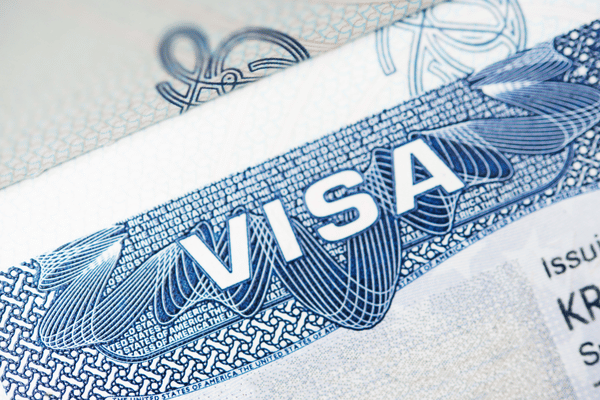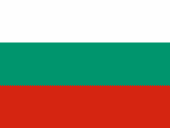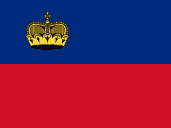Easy and Fast Procedures
"With 10 years of experience, all application processes are managed and carried out by our expert consultants, in accordance with consulate criteria and accurate information."

No Waiting in Line
Fast Appointment
Delivery to Your Address
VIP Vehicle Rental
Document Procurement
Online Tracking

Corporate Solutions
Fast and Professional Visa Processing
Dedicated Support for Your Business
Your Complete Travel Support
Comprehensive Passport Guidance
Support for All Travelers

FAQ
Under international law, states operate within their sovereign rights. They use these rights through the laws they enact within their borders as they see fit. Among these sovereign powers is the right to determine the conditions under which foreigners may enter their country.
Visas serve this purpose. The state's authority in this matter is unquestionable under international law. States may limit their sovereign rights at their discretion.
The Schengen Agreement, which came into effect in 1995, abolished border controls (“internal borders”) among the member countries. This way, the Schengen area, with its shared external border controls, implemented uniform practices and rules. The Schengen area encompasses cooperation in visa, police, and judicial matters.
The Schengen member countries are as follows:
Germany, Austria, Belgium, Czech Republic, Denmark, Estonia, Finland, France, Netherlands, Spain, Sweden, Italy, Latvia, Lithuania, Luxembourg, Hungary, Malta, Poland, Portugal, Slovakia, Slovenia, Greece.
Non-EU countries Switzerland, Iceland, Norway, and Liechtenstein are also part of the Schengen area.
A foreigner holding a visa from one Schengen member country can travel freely to other Schengen countries. However, according to Schengen visa regulations, during the first use, the visa holder must enter the country where the visa was issued. For example, if a visa was issued by an Italian consulate, entry to Italy must occur first.
In this context, citizens traveling to the Schengen area must obtain their visas from the consulate of the country they will first enter.
Schengen countries use a shared database system called the Schengen Information System (SIS). This database stores information on individuals required to enter Schengen countries, such as alerts and other relevant details, which are accessible to the member states’ authorities.
The documents required for a visa application depend on the country, the purpose of travel, and the type of passport held by the applicant (diplomatic, service, special, ordinary passport, or travel document). These requirements may also change significantly over time.
It is advised to seek information from the relevant consulate.

































